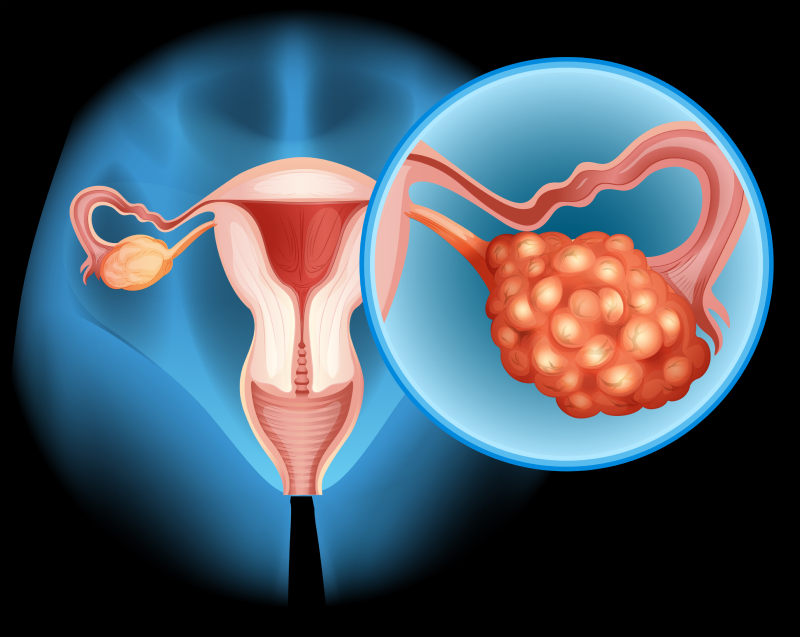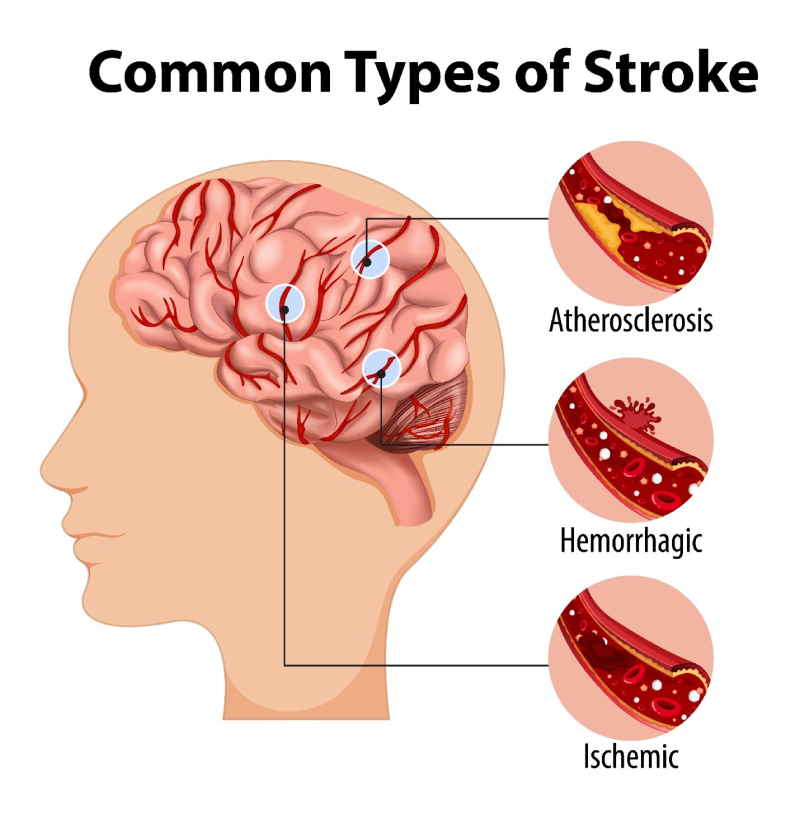Do You Know Behaviour of Cancer cells allow them to Survive

Livefit4ever,
Medically Reviewed by ,
August 19, 2023

Targeted Therapy Alters that Behaviour
The changes in cancer cells and their behaviour allow them to grow, multiply and spread abnormally. As the researchers understand more about these changes that prompt cancer growth, they will be able to design efficient therapies that precisely target such changes or block the unhealthy effects due to such changes. One such approach of treatment is targeted therapy.
Behaviour of Cancer Cells
The behaviour of cancer cells is quite complicated with many complexly arranged factors and the aim of targeted therapy is to have a better understanding of those factors.
Targeted Therapy
Cancer cells grow and multiply aggressively due to the activity of certain genes and proteins. In addition, the environment in which cancer cells grow and multiply also support flourishing cancer cells. Some factors like blood vessels that are related to cancer cells’ growth also help in the growth, multiplication and survival of cancer cells by providing nourishment to cells.
Targeted therapy is a type of cancer treatment
The aim of targeted therapy is to target certain specific targets such as – proteins, genes and associated factors that help cancer cells survive and grow. Targeted therapy also targets certain cells associated with cancer growth – such as the cells that make up blood vessels.
Scientists have developed certain drugs that are very specific as they act on some specific targets such as, genes, proteins and cell environment of cancer.
Targeted therapy is the mode of treatment for cancer cells using drugs that target specific markers, genes or proteins on cancer cells and the environment that contributes to cancer growth and the cells related to cancer growth. In a nutshell, the objective of targeted therapy is to identify and target cancer cells precisely (precision medicine) without affecting the normal healthy cells.
What Does Targeted Therapy Do to Cancer Cells?
Targeted therapy does the following things to the cancer cells it targets:
- Stops cancer cells growth and multiplication
- Prevents cancer cells from living longer than normal
- Blocks or interferes with the signals that cancer cells receive for growth and division
- Kills cancer cells
Targeted Therapy Stops cancer cells from growing
One of the mechanisms by which cells grow and multiply is signalling pathway. All healthy cells in the body receive signals to divide and make new cells. Cell surfaces have markers made of proteins. The signals that cells receive bind to these proteins on cell surface and tell them to divide.
This process helps new cells to form only when your body needs them. However, some cancer cells have changes in the proteins on their surface that tell them to divide irrespective of whether the signals are present.
Targeted therapies target changed proteins on cell surface and interfere with their abnormal functioning (unprecedented cell division and multiplication). The drugs or special molecules used in this type of therapy prevent the proteins from telling cells to divide. In this way, cancerous cells uncontrolled growth is slowed down.
Targeted therapy treatment is focussed and works differently from chemotherapy in the following ways:
- Some drugs attack certain genes
- Some drugs target proteins
- Some drugs target certain markers on cancer cells
- Some drugs target growth factors that help in growth of the cancer cells
- Some drugs do not allow the development of new blood vessels (angiogenesis) in cancer cells.
- Some drugs target some signals that prompt cancer growth
- Some drugs block essential nutrients to cancer cells and starve them to death.
In a majority of the people with renal cell carcinoma (RCC), VHL gene is inactivated. A functional VHL gene regulates formation of new blood vessels (angiogenesis) and suppresses tumours. Tumours need their own blood supply to survive, but drugs that prevent angiogenesis have been developed to prevent cancer.
Monoclonal antibodies
These are therapeutic proteins or antibodies produced in the laboratory. They attach to specific targets or receptors present on cancer cells. Monoclonal antibodies that attach to cancer cells attract immune cells as they are better visible to immune cells. Our immune system either stops cancer cells from growing or cause them to self-destruct.
Checkpoint inhibitor
Several types of cancer cells make a molecule (ligand PD-L1). This ligand binds to PD-1 receptor present on the T-cells or T lymphocytes owing to which T-cells do not attack cancer cells and thus they survive. But the drug called Nivolumab block PD1- on T cells – and therefore – cancer cells come in the notice of T-cells and the T-cells kill them.
Cancer cells require new blood vessels formation (angiogenesis) for their growth and spreading. Angiogenesis inhibitors are drugs that bind to VEGF – a substance that signals the formation of new blood vessels and thus stop the growth of cancer cells. Bevacizumab (Avastin) is an angiogenesis inhibitor that stops the growth of advanced epithelial ovarian cancers.
Protein Targets of Targeted Therapy
A protein called Human Epidermal Growth Factors Receptor 2 (HER2) is present in excess in approximately 20% to 25% breast cancers. HER 2 protein is present as receptor on breast cells. In breast cancer, the HER gene does not work properly and makes too many copies of itself and thus excess HER 2 proteins – which leads to uncontrolled growth of breast cancer. For the treatment of breast cancers which are positive for this protein, several targeted drug therapies are available. For instance, Herceptin (chemical name: trastuzumab), blocks the chemical signals that prompt cell growth.
Epidermal growth factor receptor (EGFR) is a protein produced in excess amounts in colorectal cancers. There are some targeted drugs that block this protein and slow down or stop the growth of cancer cells. Another protein called vascular endothelial growth factor (VEGF) helps in making new blood vessels that help nourish cancerous cells. There are some targeted drugs that blocks VEGF and stop new blood vessels formation and starve the cancerous cells to death.
Bottom Line
Your oncologist work very diligently to come out with an apt treatment plan. To get the right targeted therapy in your case, your oncologist orders several tests. The tests results help in finding the specific genes, proteins and other factors that are unique to cancer you have. In this way, an experienced oncologist helps in finding the most effective targeted therapy and cancer treatment.
References
National Cancer Institute – Targeted Therapy to Treat Cancer – Monoclonal antibodies
https://www.cancer.gov/about-cancer/treatment/types/targeted-therapies
Cancer Research UK – What are Targeted Cancer Drugs –






